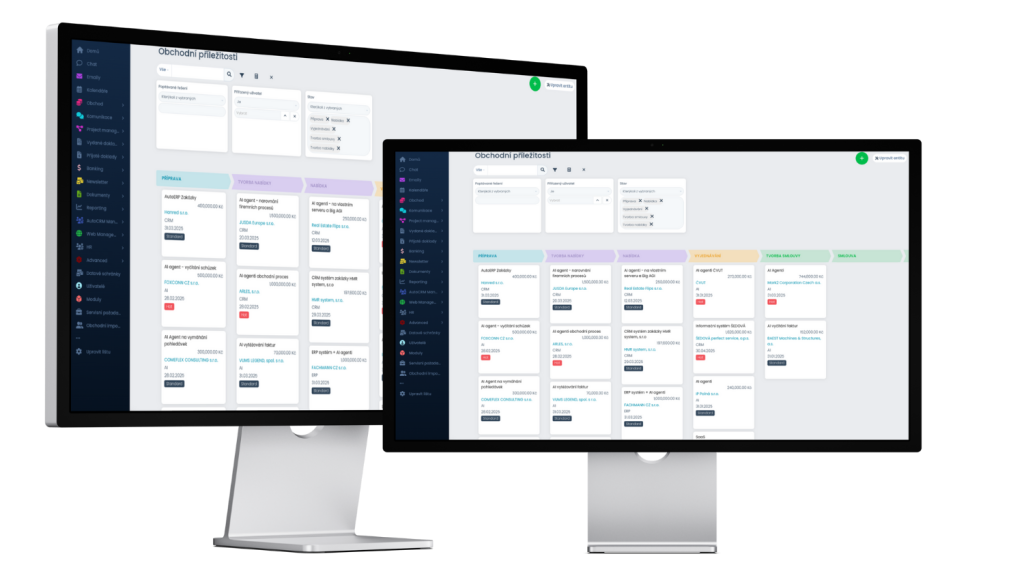A database is an organized collection of data that is set up for easy access, management and updating. Computer databases typically store groupings of data records or files that contain information such as sales transactions, customer data, financials, and product information.
Databases are used to store, maintain and access any kind of data. They collect information about people, places or things. This information is collected in one place so that it can be observed and analysed.
Understanding Database
The concept of database has become increasingly important in today’s business environment. As organizations strive for digital transformation, database offers valuable insights and practical solutions.
Key Benefits
• Enhanced operational efficiency through database implementation
• Improved decision-making capabilities
• Better resource allocation and cost optimization
• Increased competitive advantage in the marketplace
Implementation Strategies
Successful database adoption requires careful planning and execution. Organizations should consider their specific requirements, available resources, and long-term objectives when implementing database solutions.
Best Practices
To maximize the benefits of database, companies should focus on proper training, stakeholder engagement, and continuous improvement processes. Regular evaluation and optimization of database strategies ensure sustained success.
Why Database Matters
In modern business environments, database plays a crucial role in operational success. Understanding and implementing database can provide significant competitive advantages.
Key Applications
Organizations across various industries leverage database to streamline processes, improve efficiency, and drive better outcomes. The practical applications of database continue to expand as technology evolves.
